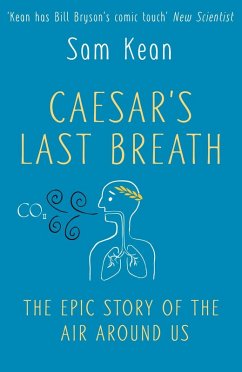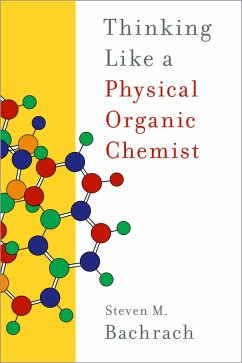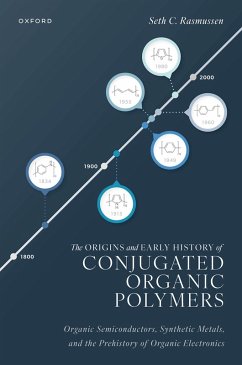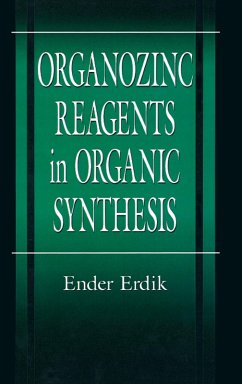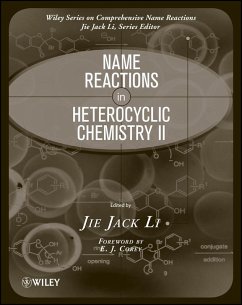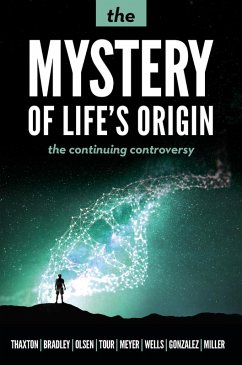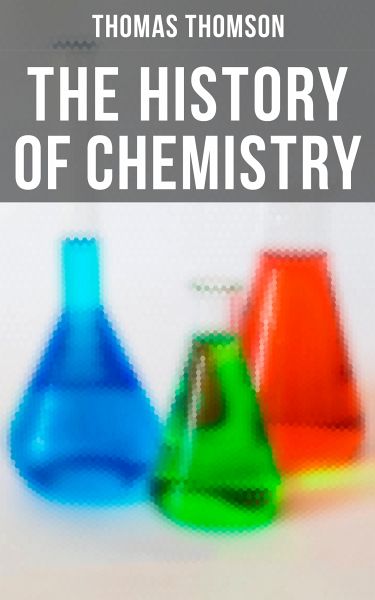
The History of Chemistry (eBook, ePUB)
Versandkostenfrei!
Sofort per Download lieferbar
1,99 €
inkl. MwSt.
Weitere Ausgaben:

PAYBACK Punkte
0 °P sammeln!
Thomas Thomson's 'The History of Chemistry' is a fascinating exploration of the evolution of the field of chemistry, from ancient alchemy to modern scientific principles. Thomson's meticulous research and engaging writing style make this book a valuable resource for anyone interested in the history of science. Through detailed analysis of key figures, groundbreaking discoveries, and pivotal moments in the development of chemistry, Thomson provides readers with a comprehensive overview of this dynamic and ever-changing discipline. The book is written in a clear and accessible manner, making it ...
Thomas Thomson's 'The History of Chemistry' is a fascinating exploration of the evolution of the field of chemistry, from ancient alchemy to modern scientific principles. Thomson's meticulous research and engaging writing style make this book a valuable resource for anyone interested in the history of science. Through detailed analysis of key figures, groundbreaking discoveries, and pivotal moments in the development of chemistry, Thomson provides readers with a comprehensive overview of this dynamic and ever-changing discipline. The book is written in a clear and accessible manner, making it suitable for both casual readers and academic scholars alike. Thomson seamlessly weaves together historical narratives and scientific explanations, bringing to life the personalities and experiments that have shaped the world of chemistry. This book is a must-read for anyone seeking a deeper understanding of the roots of modern chemistry.
Dieser Download kann aus rechtlichen Gründen nur mit Rechnungsadresse in A, B, BG, CY, CZ, D, DK, EW, E, FIN, F, GR, H, IRL, I, LT, L, LR, M, NL, PL, P, R, S, SLO, SK ausgeliefert werden.




